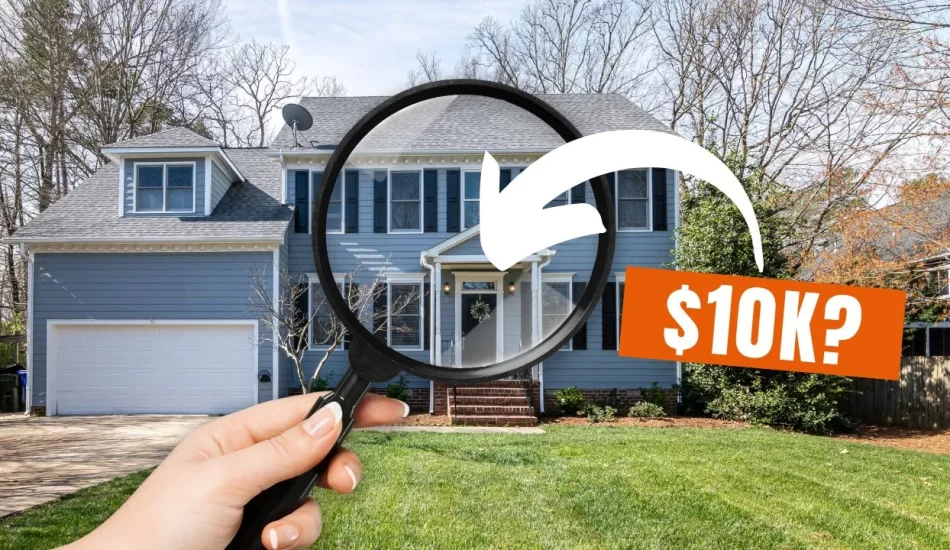Judgment Liens: What Every NC Homeowner Needs to Know

If you’re a homeowner in North Carolina, you may have heard of judgment liens, but you might not know what they are or how they can affect you. Here’s a quick overview of judgment liens and what they mean for North Carolina homeowners.
First things first: What is a judgment lien?
When someone owes money to another person or entity, and they fail to pay what they owe, a creditor can take legal action to get a judgment against the debtor. A judgment lien gives the creditor the right to collect the money owed by attaching a lien to the debtor’s property.
What kind of property can be subject to a judgment lien in North Carolina?
In North Carolina, a judgment lien can only be attached to real estate, which includes houses, condos, land, or other similar property interests. Personal property, such as jewelry or art, is not subject to a judgment lien.
How does a judgment lien affect North Carolina homeowners?
If you’re a homeowner in North Carolina and you owe money to a creditor, they may be able to attach a judgment lien to your property. This means that if you try to sell your home, the creditor can collect the money they’re owed from the proceeds of the sale before you receive any money.
It’s important to note that a creditor’s ability to collect under a judgment lien can be affected by various factors. For example, North Carolina has a homestead exemption that protects a certain amount of a debtor’s property value if it’s their primary residence. Other liens may also be in place, and bankruptcy or foreclosure proceedings can further complicate matters.
What if I’m married?
One way for married couples to own property is as Tenants by Entirety. One benefit of holding title this way is asset protection. Liens will be protected, even if one of the parties has an outstanding judgment docketed against them in the county where the real property is purchased. For instance, if a husband has an $8,000 small claims judgment against him docketed in Mecklenburg County, the judgment may not attach to property bought in the County by the husband and his wife if it was acquired as Tenants by the Entirety.
In summary, judgment liens are a legal tool that creditors can use to collect money from debtors. If you’re a homeowner in North Carolina who owes money to a creditor, they may be able to attach a judgment lien to your property. While there are limitations and potential complications, understanding the basics of how judgment liens work can help you take the necessary steps to protect your property and finances.
If you are preparing to sell your home and wondering whether you may be affected by a judgment lien, give our office a call at (704) 663-1600!


